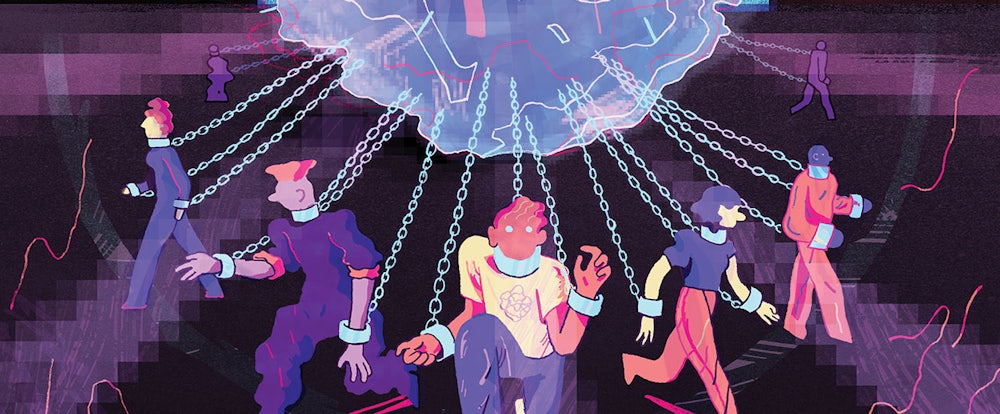By Evgeny Morozov
In March, a Dutch student called Shawn Buckles placed his personal data on the market. He offered to hand over all of his most intimate electronic matter—e-mails, health records, calendars, geolocational data—to the highest bidder. By mid-April, Buckles had received 53 offers. The winner of the auction was The Next Web, a popular site for technology news. It shelled out $480 for his data soul.
Buckles—who is more of an activist than an entrepreneur—succeeded in raising awareness about the strange economics of data. As the suave futurologists at the World Economic Forum in Davos noted in a 2011 report, our personal data is rapidly becoming a new “asset class.” Companies like Google and Facebook have mastered the art of monetizing their store of information about our personal tastes and traits. But the subjects of that information—namely, you and me—don’t share any of the profits from these transactions. It was only a matter of time, therefore, before individuals like Buckles began to revolt against this system, selling their own data rather than just letting Silicon Valley exploit it.

Technology companies have a response to this rebellious logic: Sure, users relinquish their data to be harnessed and sold by giant corporations,but look at all the wonderful and nominally free services that they get in return. But is that even the case? What if the real value of our data is much greater than the utility of those services? And far more profoundly, Buckles’s clever stunt raises a philosophical question: Should we even be allowed to sell our most intimate data in the first place? Or should governments discourage or even prohibit such transactions, perhaps, on moral grounds?
On one level, the case for permitting individuals to sell their data is clear cut. It’s only fair: Since companies can already trade this data, it would be absurd to ban individuals from selling it. Furthermore, there’s immense social value in this data—and we should encourage its altruistic use. Why stop people who want to give away their health records to universities or hospitals to contribute to scientific discoveries? Ideally, we might want them to do so for humanitarian reasons, but one can think of moments when the promise of immediate monetary compensation might get the job done faster.
Leave a Reply